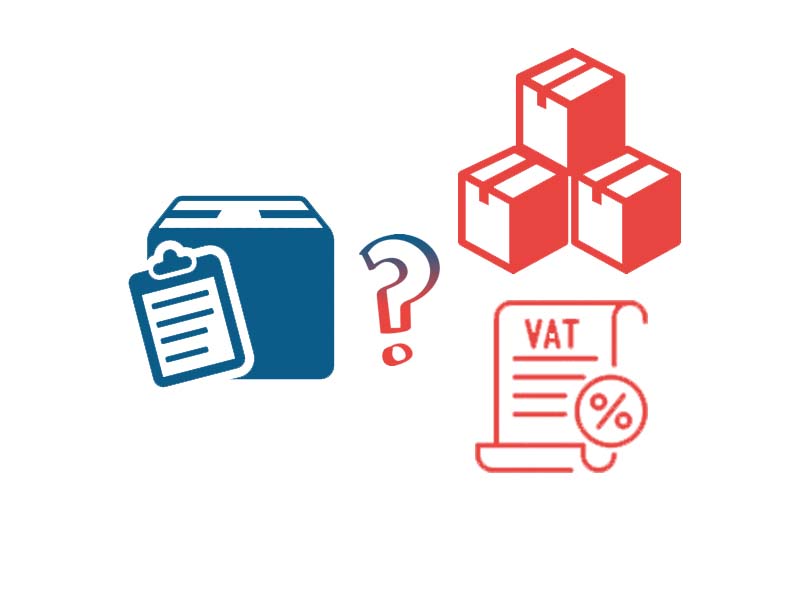
Inventory Valuation and VAT
Would changing the inventory valuation method from First In First Out (FIFO) to Weighted Average (WA) or vice versa reduce my VAT payments?
VAT is computed on the amount paid to purchase or sell an item. So, in case a retailer purchases stock for 1,000 BD from a distributor, the VAT amount would be 50 BD on top of the 1,000 BD that is to be paid for the stock.
Subsequently, when the retailer sells the stock for 2,000 BD, he would have to collect 100 BD on top of the 2,000 BD as output tax. The retailer would then deduct the 50 BD paid to the distributor from the 100 BD collected from the customer and give the difference (50 BD) to the government.
Inventory valuation on the other hand has to do with calculating the value of stock that a company has on hand in order to identify the value of the assets in stock and accordingly the Cost of Goods Sold when a sale is done.
To clarify this, let’s take an example of an item that a reseller purchases at one time for 10 BD and another time for 9 BD and then sells the items for 20 BD.
If the reseller buys 100 items for 1,000 BD at 10 BD a piece and then another 100 of the same item for a discounted price of 9 BD a piece for a total of 900 BD, the value of each stock item would be (1000 + 900)/200 = 9.5 BD if the reseller was following the Weighted Average inventory valuation method. Therefore, for each sale of this item, the reseller would have to record COGS of 9.5 BD.
The reseller would have paid 5% on each purchase, hence, he would have paid 50 BD on the first purchase and 45 BD on the second purchase totalling 95 BD.
The reseller would then sell each of the 200 items for 20 BD and collected 5% VAT on each sale totalling 200 BD for all the items (200 x 20 BD x 0.05 = 200 BD).
Finally, the reseller would deduct the 95 BD VAT that he paid to his distributor from the 200 BD VAT that he received from his customers and pay the difference (200 – 95 = 105 BD) to the government.
First In – First Out (FIFO) Method
If the same reseller is following the FIFO inventory valuation method, the reseller would have to track the sales of the items to make sure that for the first 100 items sold, a COGS of 10 BD is recorded, and then the next 100 items a COGS of 9 BD is recorded. However, the reseller would still have paid 50 BD VAT for his first purchase and 45 BD VAT for his second purchase. Moreover, the reseller would still have collected 5% VAT for each of the items sold. Assuming that the selling price was maintained at 20 BD per item, the total VAT that he would have collected for all 200 items would still be 200 BD.
Again, the reseller would have to deduct the 95 BD that he paid on his purchases from the 200 BD that he collected from his customers and pay the difference (105 BD) to the government.
As we can see from the preceding example, the inventory valuation method has nothing to do with the amount of VAT that is going to be paid. Inventory valuation methods are concerned with the value of stock and COGS while VAT impacts the selling/purchasing price of the goods.

